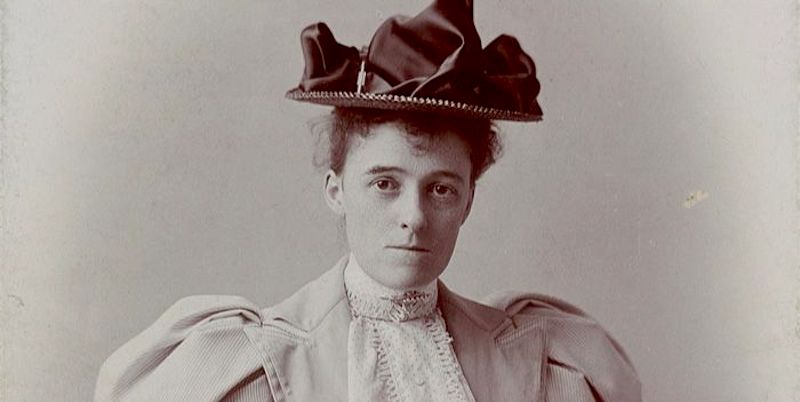
Does Edith Wharton Hate Us?
From The History of Literature Podcast with Jacke Wilson
For tens of thousands of years, human beings have been using fictional devices to shape their worlds and communicate with one another. Four thousand years ago they began writing down these stories, and a great flourishing of human achievement began. We know it today as literature, a term broad enough to encompass everything from ancient epic poetry to contemporary novels. How did literature develop? What forms has it taken? And what can we learn from engaging with these works today? Hosted by Jacke Wilson, an amateur scholar with a lifelong passion for literature, The History of Literature takes a fresh look at some of the most compelling examples of creative genius the world has ever known.
Does Edith Wharton hate us? That’s a provocative question—but perhaps one that Wharton herself provoked, with her essay on the readers who damaged literature and her fiction satirizing the same. In this two-part series, Jacke takes a look at the type of readers targeted by Wharton: not the readers of trash fiction, whom she believed were harmless enough, but the readers of serious fiction who nevertheless read fiction in the wrong way. Does it include History of Literature podcast listeners or even—gulp—its host?
This episode is part one, focusing on Wharton’s 1916 short story “Xingu.” Part Two, which focuses on Wharton’s 1903 essay The Vice of Reading, will be available at the same time.
________________________
Subscribe now on iTunes, Spotify, Google Podcasts, Android, Stitcher, or wherever else you find your podcasts!
History of Literature
Hosted by Jacke Wilson, an amateur scholar with a lifelong passion for literature, The History of Literature takes a fresh look at some of the most compelling examples of creative genius the world has ever known.



















